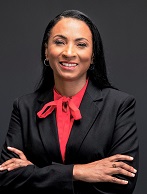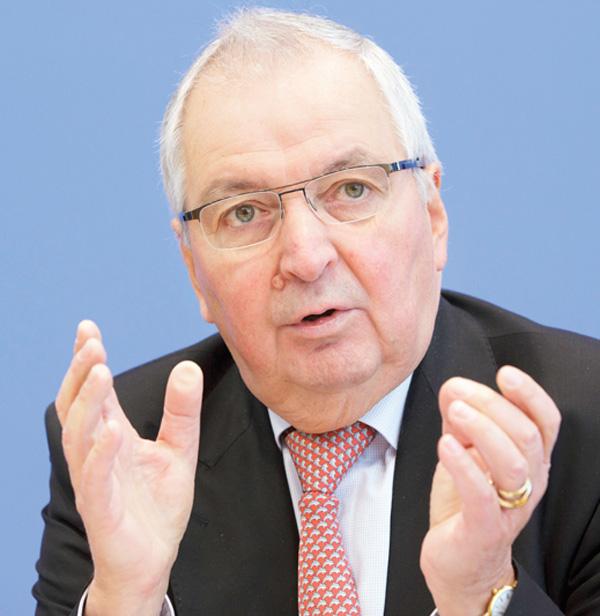
Bank Windhoek announces fee structure focusing on affordable banking with no added fees

Bank Windhoek’s Managing Director, Baronice Hans on Tuesday announced the bank’s new fee structure, effective Thursday, 1 July.
The fee structure takes into consideration the current economic outlook, compounded by the effects of the COVID-19 pandemic, she said, adding that the structure focuses on affordable banking with no added fees.
According to Hans, access to internet banking, the mobile app, cellphone banking, EasyWallet, and prepaid electricity purchases remain free of charge. Hans said that this decision is made to decrease the customer’s reliance on branches and encourages them to use alternative digital services.
Buying mobile phone airtime using the new Bank Windhoek Mobile App will continue to be free of charge and ATM fees remain unchanged as well as the bank’s Point-of-Sale purchase fees, she added
“We want to encourage customers to use their debit cards for transactions, which is much safer than carrying cash,” said Hans.
According to Hans AlertMe SMS notifications for debit and credit transactions remain free of charge.
Hans emphasised that the service empowers the Bank’s customers to be informed of all activities on their accounts, reducing the risk of losses due to fraudulent transactions.
Meanwhile, value-added services, such as paying for Go-TV, DSTV, and Box-Office, remain unchanged and electronic statements are free, and customers are encouraged to register to save money on monthly paper statements.
Hans said the Bank’s locally developed digital banking channels, in addition to its national network of branches, agencies, and ATMs, complement its extensive banking services offerings.
“Our digital banking services continue to offer customers the convenience to conduct their banking 24 hours a day, seven days a week,” she concluded.













































